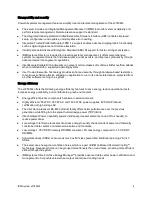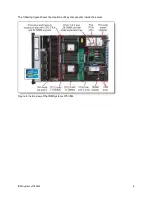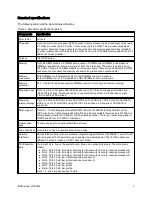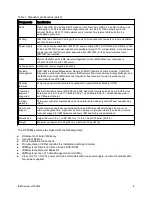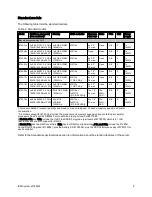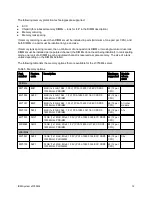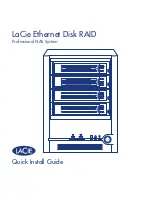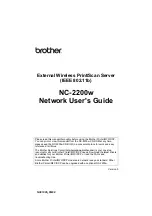
IBM System x3750 M4
3
The server offers PCI Express 3.0 I/O expansion capabilities that improve the theoretical maximum
bandwidth by almost 100% (8 GTps per link using 128b/130b encoding) compared to the previous
generation of PCI Express 2.0 (5 GTps per link using 8b/10b encoding).
With Intel Integrated I/O Technology, the PCI Express 3.0 controller is integrated into the Intel Xeon
processor E5 family. This integration reduces I/O latency and increases overall system performance.
Availability and serviceability
The x3750 M4 provides many features to simplify serviceability and increase system uptime:
The server offers Chipkill, memory mirroring and memory rank sparing for redundancy in the event of
a memory failure.
The server provides restart recovery for any failed processor. In the event of a failure of processor 1,
the server connects the southbridge to processor 2 for reboot.
Tool-less cover removal provides easy access to upgrades and serviceable parts, such as the
processor, memory, and adapter cards.
The server offers hot-swap drives, supporting RAID redundancy for data protection and greater
system uptime.
The server has up to two redundant hot-swap power supplies and six hot-swap dual-rotor N+N
redundant fans to provide availability for business-critical applications.
The power source independent light path diagnostics panel and individual light path LEDs lead the
technician to failed (or failing) components, which simplifies servicing, speeds up problem resolution,
and helps improve system availability.
The x3750 M4 provides error checking and/or Predictive Failure Analysis (PFA) on the following
components. Alerts are generated in advance of a possible failure, therefore increasing uptime.
Memory ECC correction (Chipkill technology)
Microprocessor built-in self test (BIST) and internal error checking
PCIe Bus parity checking
SAS Bus Parity
HDD and SSD drive CRC checking
Diskette CRC checking
USB CRC checking
Over temperature detection
Over/under voltage detection
Power supply error checking
Fan failure detection
Serial interface parity, overrun, and frame checking
Solid-state drives (SSDs) offer more reliability than traditional mechanical HDDs for greater uptime.
The built-in Integrated Management Module Version II (IMM2) continuously monitors system
parameters, triggers alerts, and performs recovery actions in case of failures to minimize downtime.
Built-in diagnostics, using Dynamic Systems Analysis (DSA) Preboot, speed up troubleshooting tasks
to reduce service time.
Three-year customer-replaceable unit and on-site limited warranty, 9 x 5 next business day. Optional
service upgrades are available.




